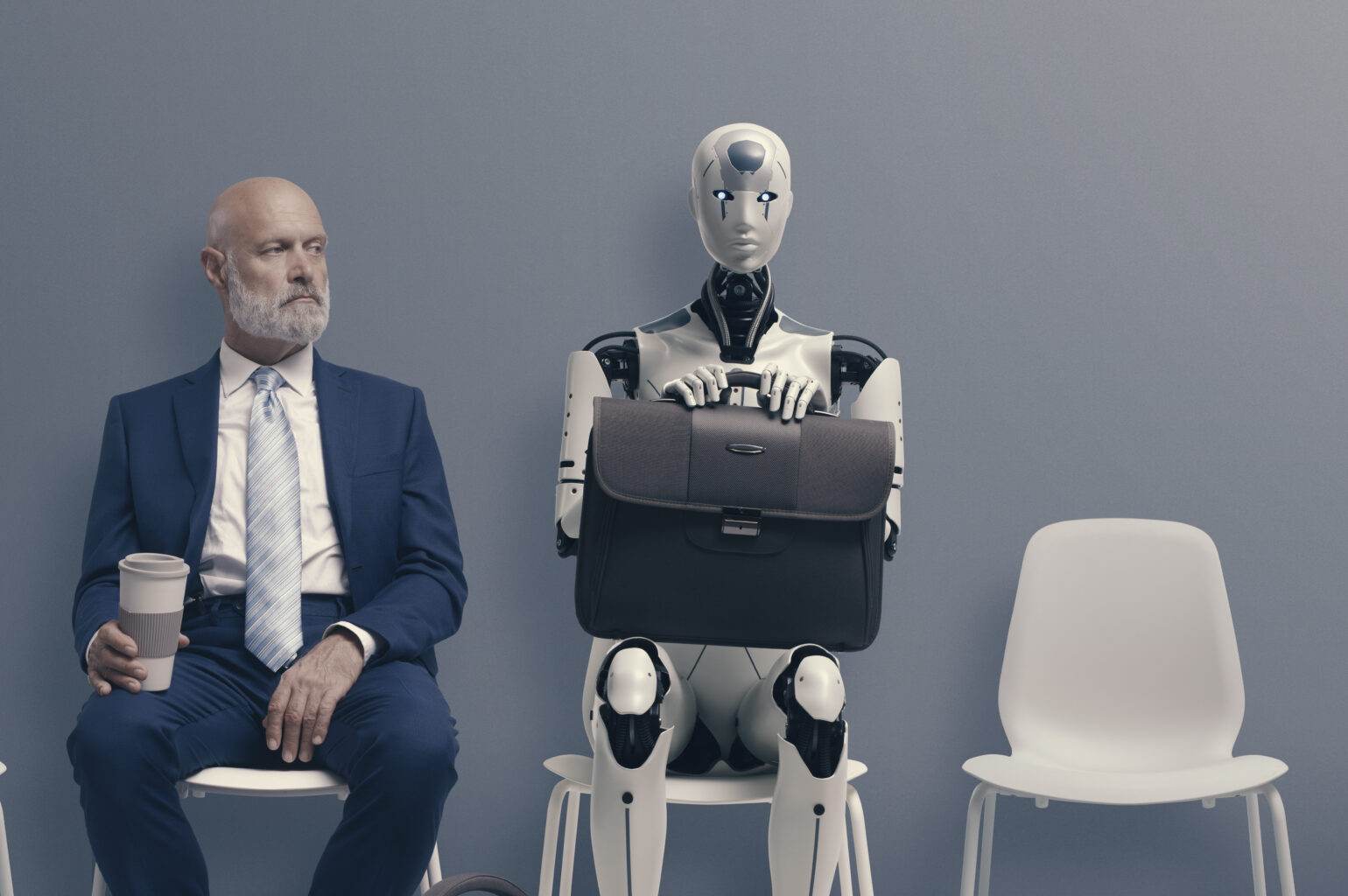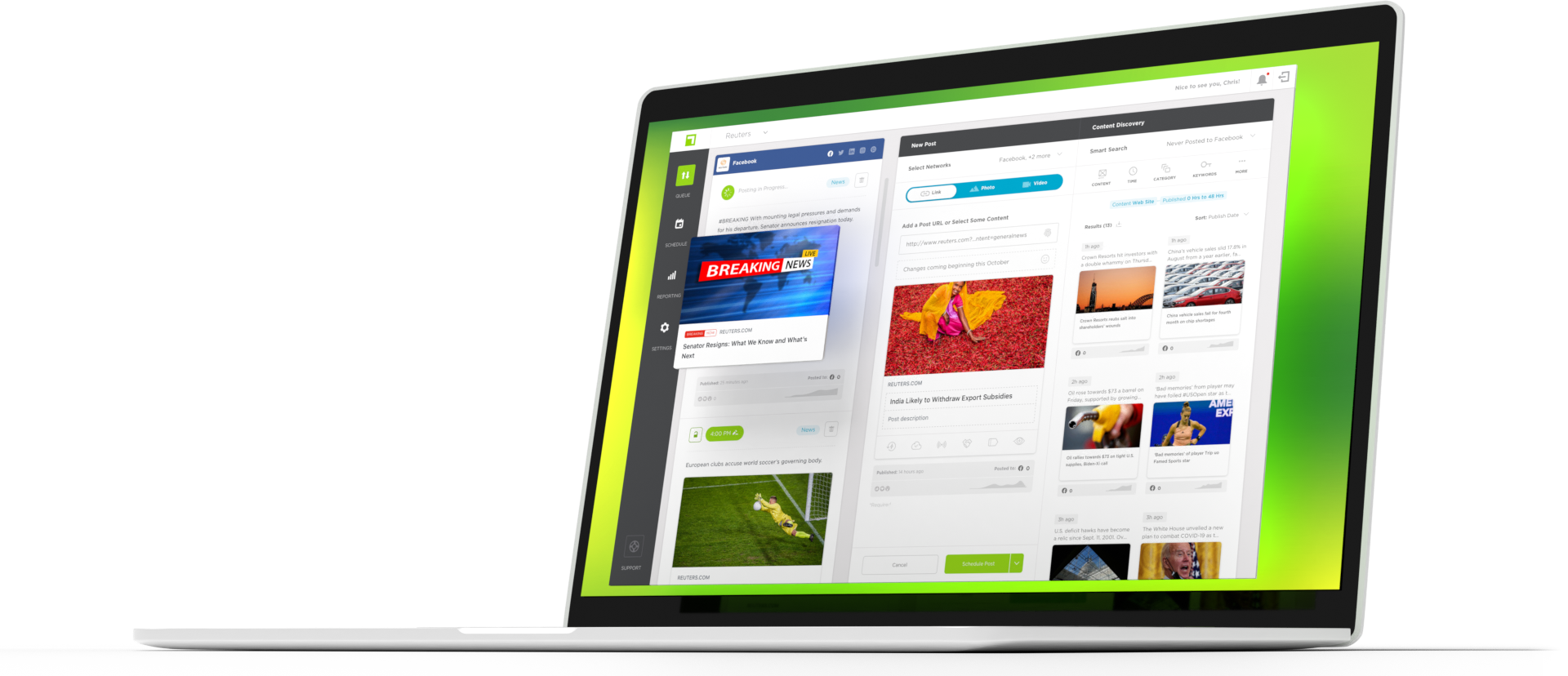Artificial Intelligence is an everyday conversation for people in many fields. We worry and get excited and wonder. Will it replace jobs? How can it help? Can it do what we think it can—or can it do more? Artists, writers, and musicians worry about their copyrights and their livelihoods. Many are worried about losing jobs to technology. The implications, though they include these issues, are even larger. How can we ethically train machines to think like humans when we are unethical? Are we instilling prejudice and brokenness into our search algorithms and content? The more we learn, the more it’s clear that we do not understand what the future of AI actually holds.
Defining Artificial Intelligence
The term itself can be confusing. Many people have an idea of what AI is, but it can easily conjure images of robotic voices and futuristic computer screens. What is it, actually, and what does it mean to discuss the real future of AI?
Artificial Intelligence is the ability of a machine to perform tasks that intelligent beings are capable of. Things like answering questions and creating content. It is the ability to learn.
ChatGPT exploded into the ether last year, making AI content even more mainstream. Suddenly, it was writing term papers and marketing copy. It was spitting out poems and letters of resignation for checked-out employees. Anything we asked it to do, it would do.
The AI algorithm
For our purposes, the AI algorithm is even more important than the content ChatGPT can spit out. Every social platform uses AI. But how?
AI algorithms are effective because they learn from users and deliver content efficiently and ethically. The heavy hand of older methods left much room for painting with broad strokes. Generalizations about age, location, gender, and interests could leave the algorithm with unfair bias. The lack of nuance can alienate users and shrink engagement.
Enter AI.
The amount of learning done by AI can tell users things they didn’t even know about themselves. It solves a set of problems but also creates an infinite number of new ones we don’t yet know how to solve.
What does it mean to be ethical?
Artificial intelligence is a new frontier and requires strict guardrails regarding ethical concerns. How can you create intelligence and ensure it doesn’t absorb and exacerbate the inequities of the natural world?
From UNESCO:
In no other field is the ethical compass more relevant than in artificial intelligence. These general-purpose technologies are re-shaping the way we work, interact, and live. The world is set to change at a pace not seen since the deployment of the printing press six centuries ago. AI technology brings major benefits in many areas, but without the ethical guardrails, it risks reproducing real world biases and discrimination, fueling divisions and threatening fundamental human rights and freedoms.
Learning to be ethical means training the software to be ethical. It means training it with accurate information and ensuring that the machines do not learn the prejudices of humans.
Honestly, though, this is just one concern of many. What are the ethical concerns of automated things, such as cars? Misuse of AI for unethical surveillance? Manipulation of searches and algorithms by bad actors with ulterior motives? Replacing human jobs?
All of these things are upsetting to think about. Some argue that ethical use of the technology isn’t possible.
What is the future of AI?
In researching this article, I found sources that were old and outdated. Technology is evolving so quickly that the game has been changed before anyone understands one thing. By the time we got our heads around ChatGPT, gpt4 had come out and had everyone second-guessing what they knew about next word prediction software. It’s not just predicting the next word and stringing sentences together.
So, how do we maintain control of the future of AI?
The short answer is that, in all likelihood, we cannot. Once the technology exists, it isn’t going to disappear. Whatever parameters may be set can easily evolve as culture evolves, but we cannot undo what is done. We cannot make the technology dumber.
The future of AI is going to come down to the good outweighing the bad. Using it where appropriate. Understanding guardrails and where they are most important. Knowing that we can do a lot of good by accurately representing data to the algorithm and making the search powerful and true. By getting content to the people who need it.
AI can do good in the social media world by disseminating important information. By helpling people feel seen and bringing them the right content at the right moment. Jobs can become streamlined, and the social media feeds we consume daily can be tailored to our needs.
We’re at the beginning of something very large and very interesting, and as publishers it’s important to keep our seats at the table.

